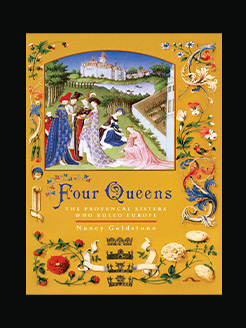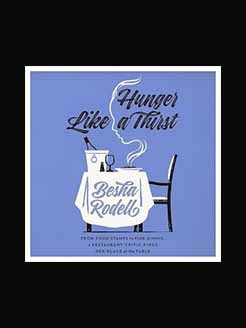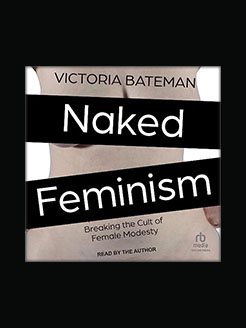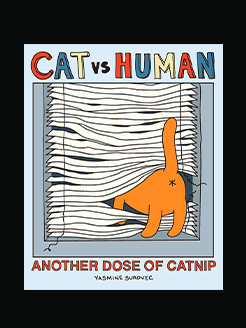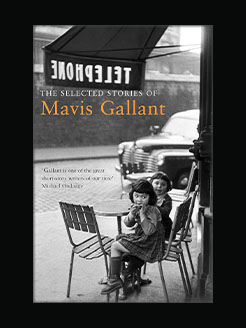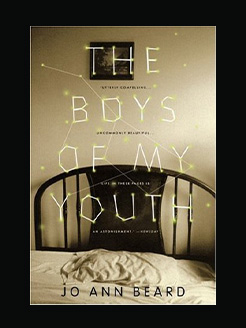Published in 2015
224 pages
Kali Nicole Gross is author of the award-winning book, Colored Amazons: Crime, Violence and Black Women in the City of Brotherly Love, 1880-1910, and Hannah Mary Tabbs and the Disembodied Torso: A Tale of Race, Sex, and Violence in America, winner of the 2017 Hurston/Wright Legacy Award for Nonfiction.
She is the National Publications Director for the Association of Black Women Historians (ABWH), 2019-2021, and a Distinguished Lecturer for the Organization of American Historians (OAH). Her research concentrates on black women’s experiences in the United States criminal justice system between the late nineteenth and early twentieth centuries. Dr. Gross’s writing frequently explores how historical legacies of race, gender, and justice shape mass incarceration today. Her short essays and opinion pieces have been featured in BBC News, The Washington Post, The Huffington Post, Warscapes, Ebony, Truthout, New Black Man (In Exile), The American Prospect, and Jet.
She is a dynamic educator and she has taught students in housing projects, correctional institutions, and at colleges and universities across the country. Dr. Gross earned her B.A. from Cornell University and her M.A. and Ph.D. from the University of Pennsylvania.
What is this book about?
Shortly after a dismembered torso was discovered by a pond outside Philadelphia in 1887, investigators homed in on two suspects: Hannah Mary Tabbs, a married, working class, black woman, and George Wilson, a former neighbor that Tabbs implicated after her arrest.
As details surrounding the shocking case emerged, both the crime and ensuing trial — which spanned several months — were featured in the national press. The trial brought otherwise taboo subjects such as illicit sex, adultery, and domestic violence in the black community to public attention. At the same time, the mixed race of the victim and one of his assailants exacerbated anxieties over the purity of whiteness in the post-Reconstruction era.
In Hannah Mary Tabbs and the Disembodied Torso, historian Kali Nicole Gross uses detectives’ notes, trial and prison records, local newspapers, and other archival documents to reconstruct this ghastly who-done-it true crime in all its scandalous detail. In doing so, she gives the crime context by analyzing it against broader evidence of police treatment of black suspects and violence within the black community.
A fascinating work of historical recreation, this book is sure to captivate anyone interested in true crime, adulterous love-triangles gone wrong, and the racially volatile world of post-Reconstruction Philadelphia.
